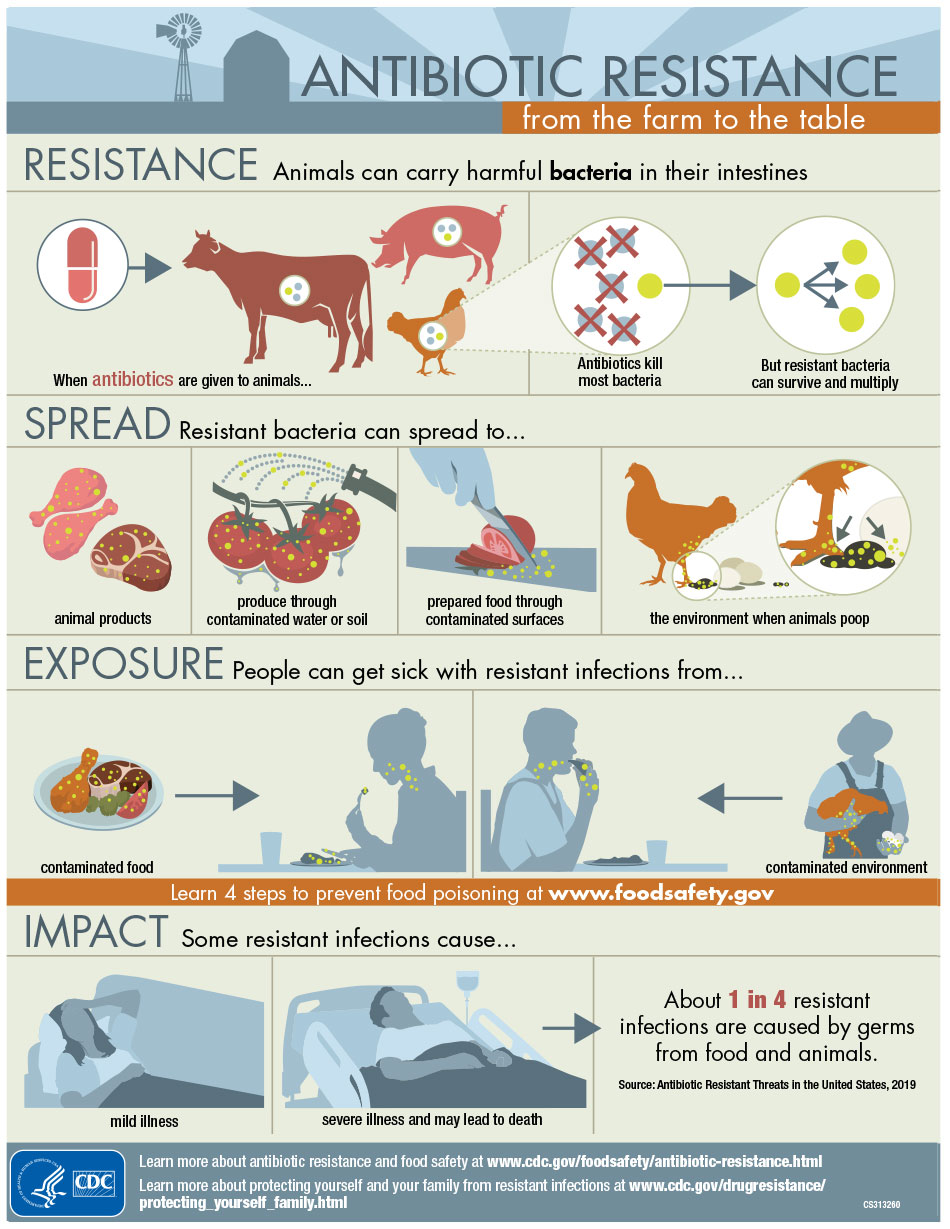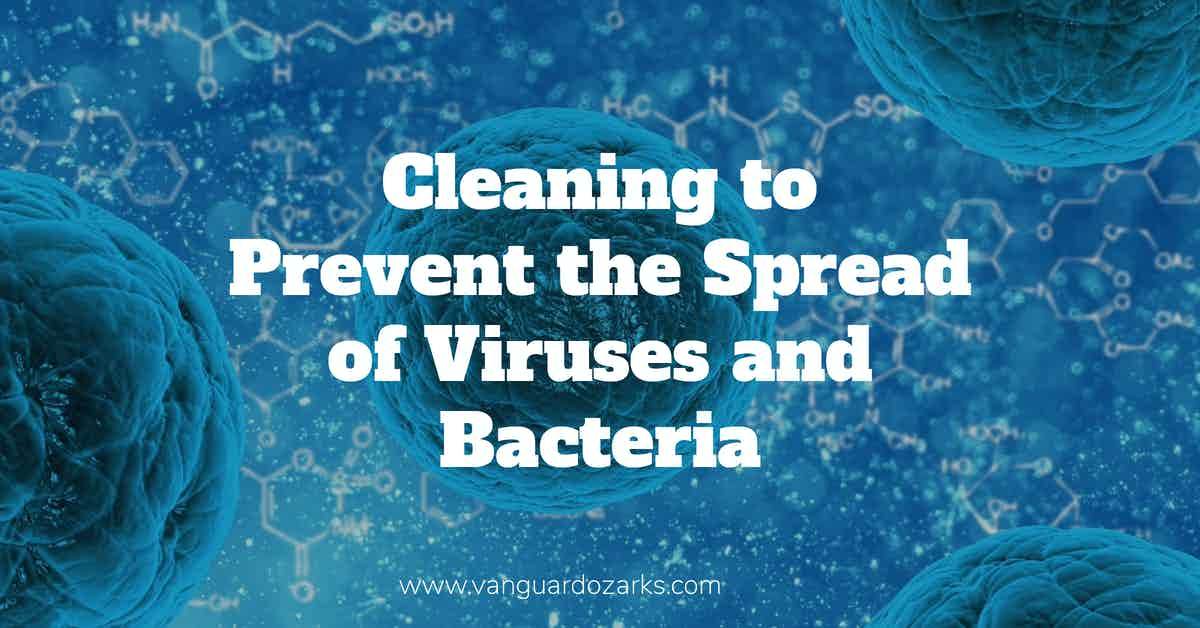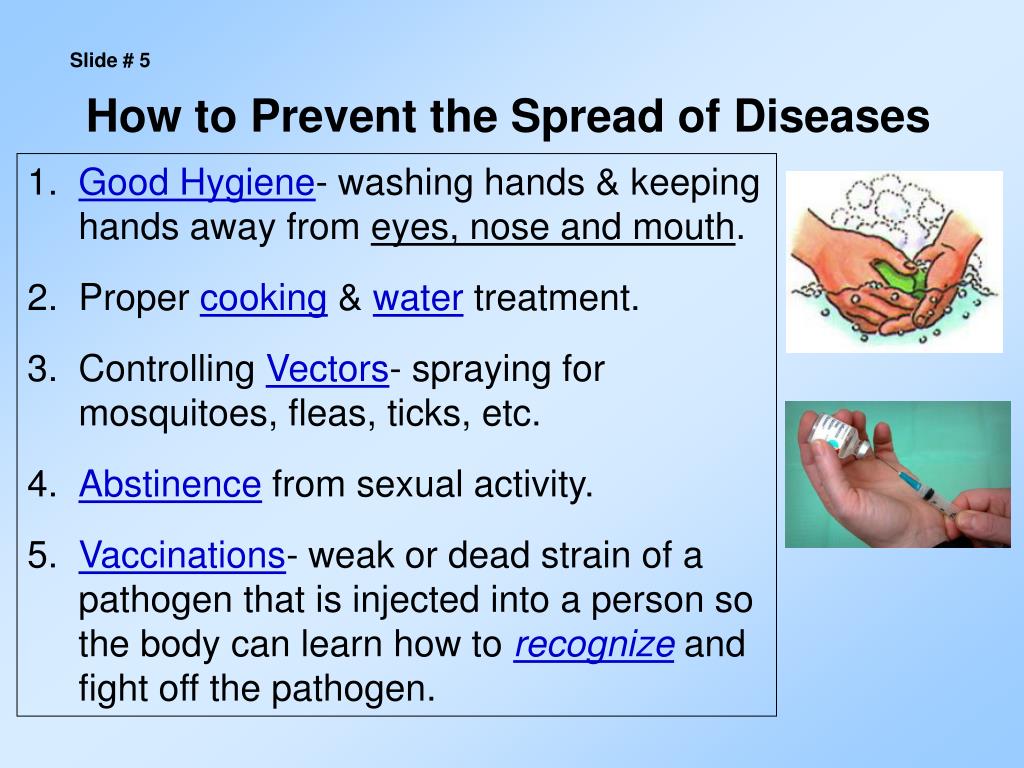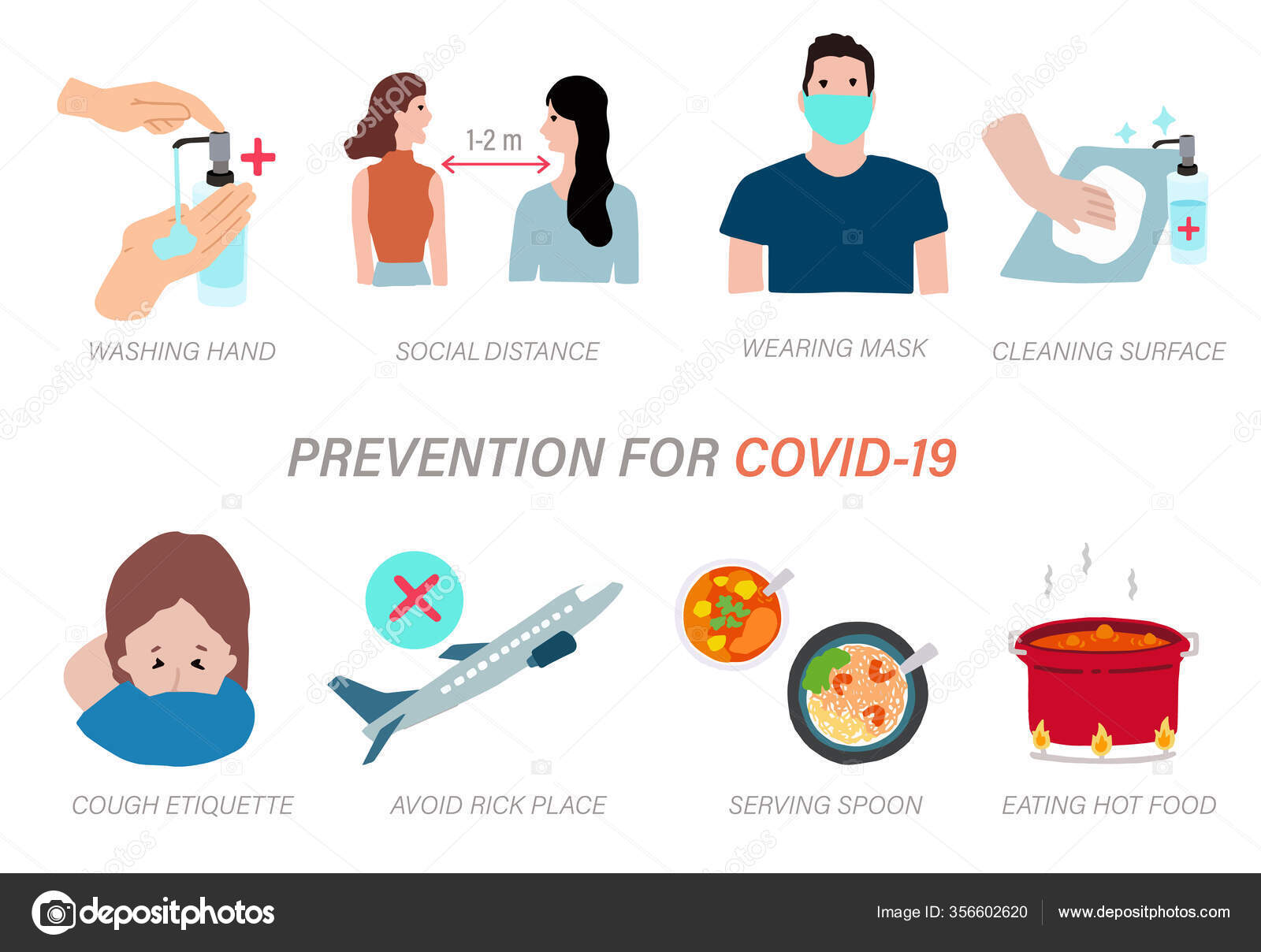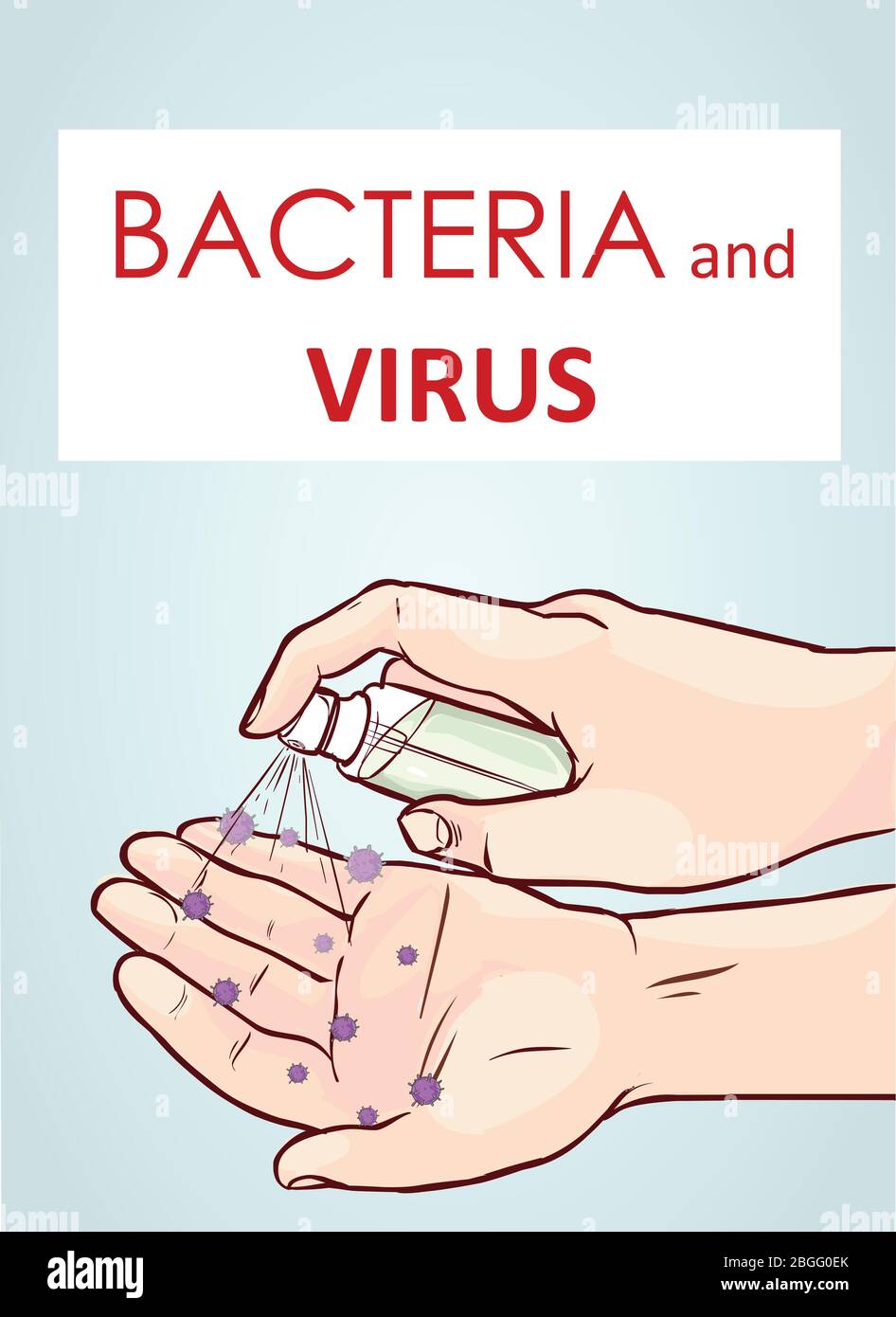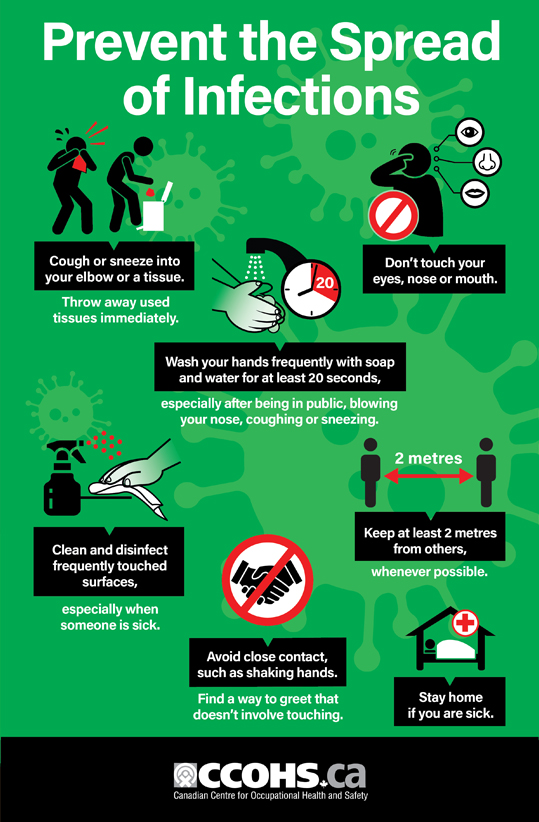Smart Tips About How To Prevent The Spread Of Bacteria
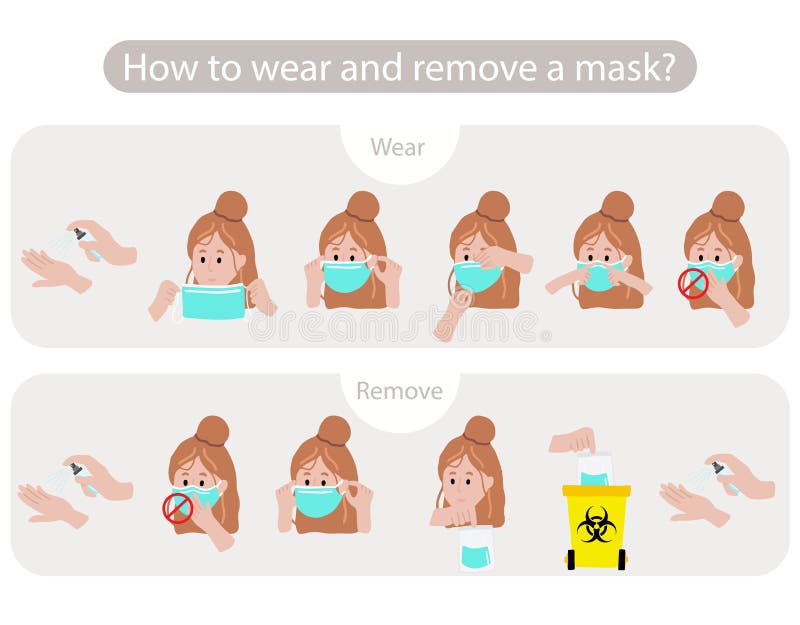
The simplest way to prevent disease is to stop pathogens from spreading.
How to prevent the spread of bacteria. Germs are a part of everyday life and are found in our air, soil, water, and in and on our bodies. Stopping the development and spread of antimicrobial resistance is a key action to protect people, along with preventing infections and improving antibiotic and. So it's important to wash your hands and kitchen surfaces before and after.
Improve antibiotic and antifungal use to slow the development of resistance. Washing our hands with regular soap under warm running water is one of the best ways to prevent illness and the spread of germs to others. Find out when and how to sanitize sponges, dishcloths.
Using antibiotics and chemical agents to control bacteria. Stop the spread of resistance when it does develop. That’s because the water helps get rid of excess dirt, but it doesn’t.
Learn how to wash hands, surfaces, produce and utensils to prevent bacteria from spreading in your kitchen. Prevent the spread of infection. Indirect transmission occurs when one person.
Sneezing and coughing are two efficient ways to ensure bacteria is spread. Don’t insist on an antibiotic if your health care provider advises. The very best way to prevent catching or spreading a pathogen is to wash your hands regularly with soap and water.
This means using simple measures such as good hygiene and effective. To help reduce this type of spread, routine. Not only does sanitizing prevent the spread of bacteria, but it also ensures that the vibrant colors are restored to their original shine, removing residue from other shades that.
If you sneeze, cough or blow your nose while in a crowd, you are essentially sharing your. These practices show what people can do to stop the spread of viruses:. Some germs are helpful, others.
Hand washing is a key strategy for preventing the spread of infectious diseases. Find out how vaccinations, sexual health,. Here are some simple tips to help keep respiratory infections and many other contagious diseases from spreading,.
Frequent handwashing is one action people can take to stop the spread of viruses. Bacteria can spread anywhere in the kitchen. It is particularly important before, during, and after preparing food, as well as.
Even though high temperatures kill most germs, washing your hands in cold water is fine. The best thing you can do is wash your hands regularly with soap and waterfor at least 20 seconds. In order to prevent the spread the spread of pathogens that can be carried in blood, precautions are taken with all patients to avoid direct contact with:
